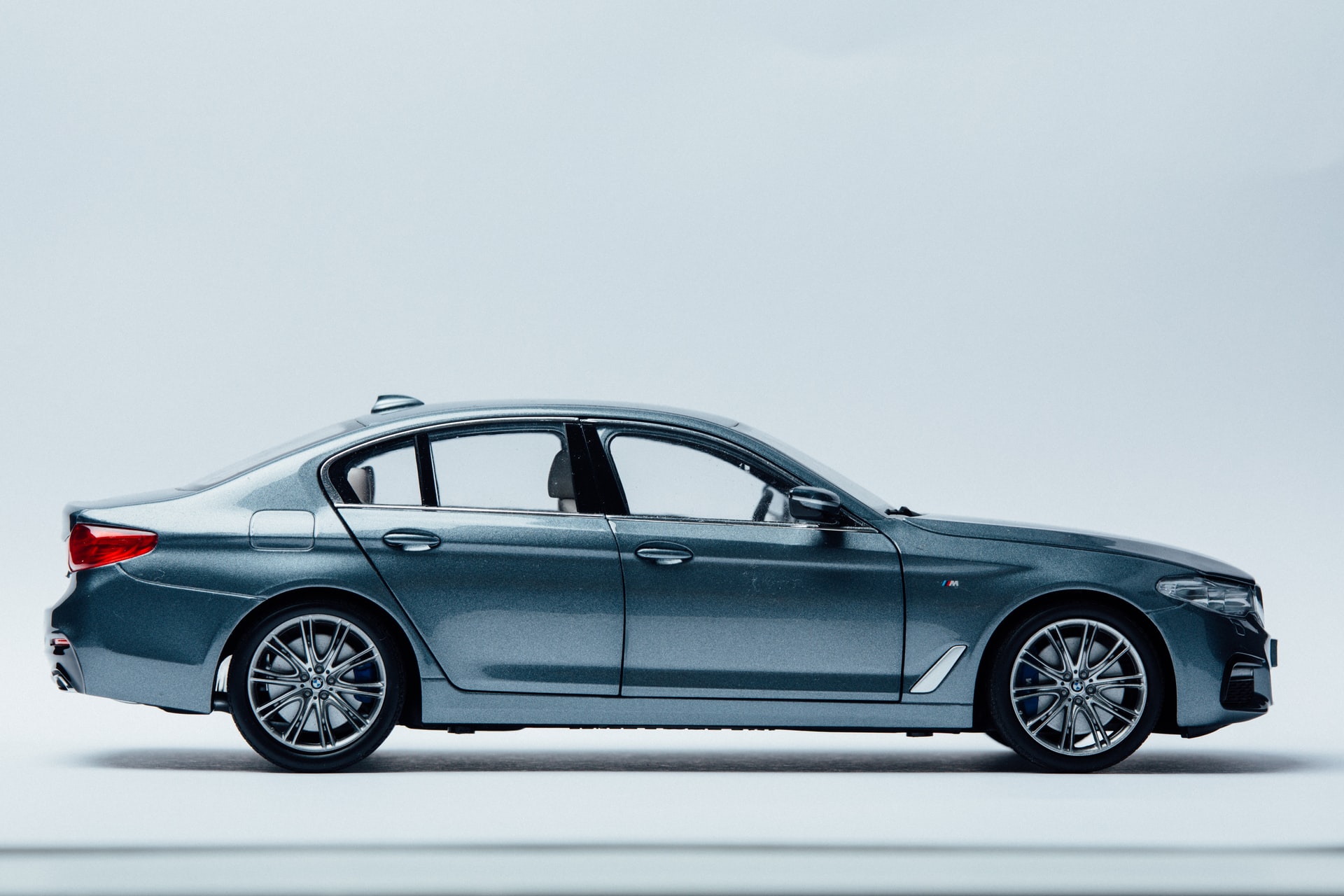You’re planning to purchase a new car soon and aren’t sure if you save up for a down payment. Some lenders could approve you for 100 percent financing or a car loan with no down payment if you have good or excellent credit. But this option may not be the most ideal. In this guide, you’ll learn why it’s best to make a down payment, the amount you should put down on a new or used car, the benefits of putting money down and how to save up for a down payment.
How Much Down Payment Should You Make On A Car?
It depends on the type of car you’re planning to purchase.
Down Payment On A New Car
Experts recommend that you make a down payment of at least 20 percent if you buy a new car. So, if the purchase price is $35,000, you should put down no less than $7,000. This amount could be out of reach with rising car prices, and you may have to put down less.
Down Payment On A Used Car
The suggested down payment amount drops to 10 percent for used vehicles. So, using the above example, you’d only need to put $3,500 on the table for a $35,000 car. However, you likely won’t spend that much on a used car unless it’s only a few years old and in excellent condition.
Benefits Of a Larger Down Payment
There are several advantages to making a larger down payment.
Lower Loan-To-Value Ratio
As the name implies, the loan-to-value ratio is the loan amount compared to what the vehicle is worth. Lenders have restrictions on the maximum LTV they’ll accept, and putting more money down could make it easier to get approved.
Improve Approval Chance With Lower Credit
Ideally, your credit score should be at or above 670 to qualify for a good deal on auto loan financing. You’ll likely be offered a lower interest rate if it falls below this threshold, required to make a 10 percent down payment or denied altogether for financing.
Shorter Loan Term
When you put little to no money down on a car loan, an extended loan term could make the monthly payment more affordable. But if you put money down, you can opt for a shorter loan term and pay the car off sooner.
Lower Monthly Payments
A higher down payment means a smaller loan amount. In turn, you’ll get lower, more affordable monthly payments.
Less Interest Paid
The cost of borrowing depends on your creditworthiness, the loan term and the down payment. You can’t control the interest rate the lender gives you, but you can put more down to lower the loan amount that you’ll pay interest on.
Avoid Being Upside Down On Your Car Loan
If you’re upside down on your car loan, you owe more than the car is worth. Unfortunately, this could easily happen over time due to depreciation, especially if you don’t put money down and opt for an extended loan term to lower the monthly payment.
How to Save or Increase Your Down Payment
Before you begin stashing cash away for a down payment, decide on a savings goal. Next, determine how much time you want to work towards your goal. To illustrate, if you’re going to save up to $6,000 over six months, you’ll need to save $500 per month. The final step is to make room in your spending plan to meet your goal on time.
An effective way to curb costs and meet your goal is by refinancing your existing car loan to get a lower monthly payment.
FAQs About Down Payment for Car Loans
Here are some frequently asked questions (FAQs) about down payments on auto loans.
There are several benefits to making a sizable down payment. However, it’s not worth emptying your savings account to capitalize on these perks and could have severe consequences for your financial health should a financial emergency arise. Still, you should try to put something down, even if it’s not the recommended 20 percent for new cars (or 10 percent for used vehicles).
Guaranteed asset protection (GAP) insurance protects you if your vehicle is stolen or totaled in an accident. In addition, it pays off your auto loan if you owe more than the car is worth, so you won’t have to come out of pocket.







